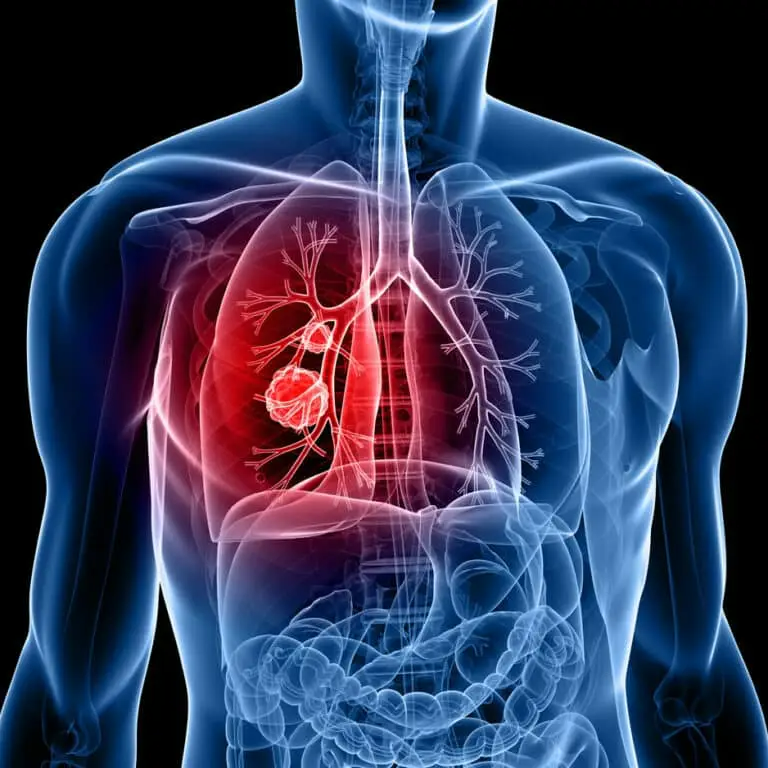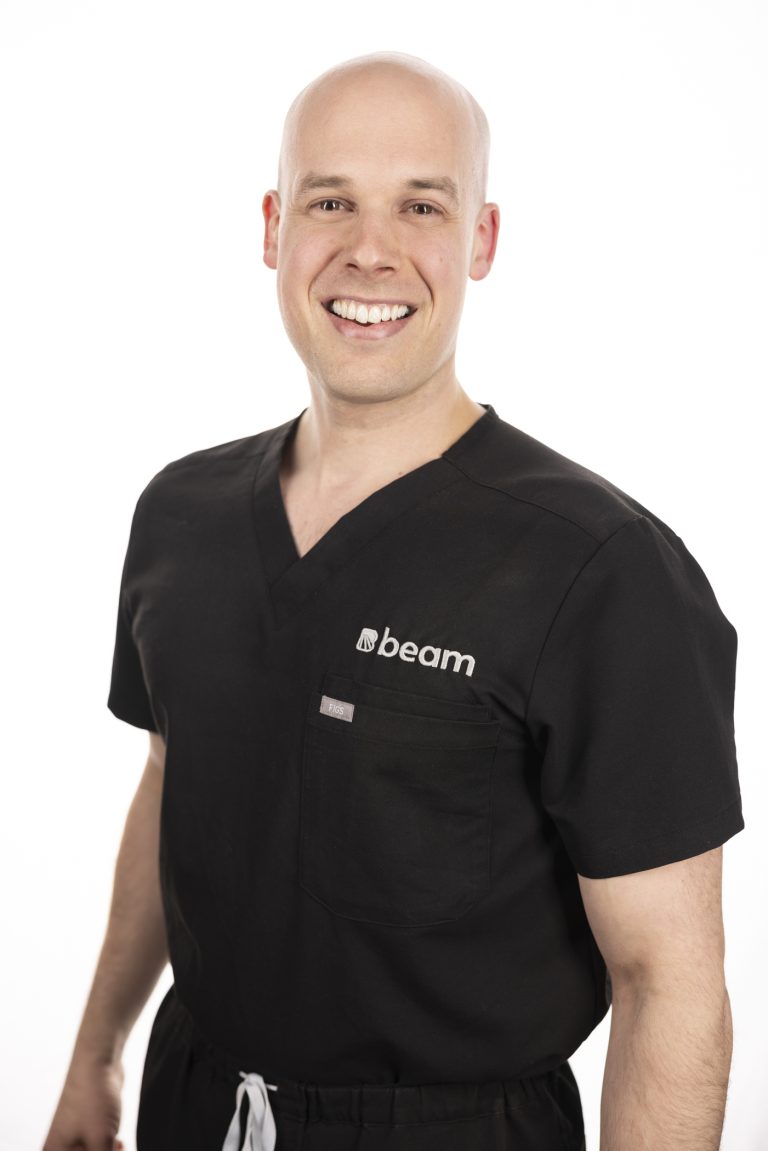CT Screening Scans
Additional CT Screening Options
Through The Beam Health Assessment Program
What is a CT Scan?
Utilizing the lowest radiation possible, a specialized x-ray machine, and computer software, CT scans are used to diagnose abnormalities in most of the areas of the body including the brain, spine, chest, abdomen, pelvis, bowel, bones, blood vessels and soft tissues. In some instances, your test may require the use of an intravenous or oral dye to be used to enhance the images. CT scans provide high-resolution images with greater detail than a standard x-ray.
The exam is performed by an x-ray technologist with special training in CT scanning and the images are analyzed and reported by a radiologist.
For patients with claustrophobia and/or anxiety
Some patients who suffer from anxiety or claustrophobia may experience a level of discomfort while the exam is being performed. If you think this may be an issue for you, please let us know prior to your appointment. There are some options that may be available to you such as; minimal sedation (helps you to relax and change your mood – ex. Ativan) or conscious sedation (makes you feel sleepy, but you have full control of all reflexes – ex. Penthrox).
Pricing
* CT of the abdomen/pelvis can help diagnose disease of the internal organs, blood vessels, stomach, small bowel, and skeleton of the abdomen/pelvic region
Pricing
* arms, knees, ankles, and feet excluded
Interested in booking a CT screen?

CT Colonography Screening
CT Colonography, also known as virtual colonoscopy, utilizes a CT scanner to provide rendered images of the entire large bowel (colon and rectum). This is done to detect polyps and masses. Colonic polyps are small growths on the lining of the colon which are a pre-cursor to cancer.
CT Lung Screening
When it comes to lung cancer, earlier detection means better prognosis.
Utilizing the lowest radiation possible, a specialized x-ray machine, and computer software, CT scans are used to diagnose abnormalities in most of the areas of the body including the brain, spine, chest, abdomen, pelvis, bowel, bones, blood vessels and soft tissues. In some instances, your test may require the use of an intravenous or oral dye to be used to enhance the images. CT scans provide high-resolution images with greater detail than a standard x-ray.

FAQ
- Cancer
- Disease
- Trauma
- Soft tissue injuries
It is important you discuss pre-existing medical conditions and medications you are taking prior to your CT examination with your doctor. Special preparations may be required.
In general, you may be asked to change into a gown for your exam, remove any metal objects, and refrain from eating or drinking for a few hours prior to your exam.
Upon arrival, the CT scan process can be expected to take less than 30 minutes with the scan itself only occupying a few minutes.
When you have reached the examination room, you will be placed on a motorized table that slides in and out of the CT machine. In some cases, pillows, cradles, or straps may be used by the technologist to assist in capturing the requested images. When the machine is operational, you are the only person in the room. You are still able to communicate with the technologist via intercom and they are able to see the exam from a separate room.
When you are inside the CT machine, detectors and the x-ray tube rotate around you to capture the required images. You may hear a buzzing noise during this process.
During your appointment, and depending on the exam, CT contrast may also be utilized. Please contact our booking department for any questions.
During your CT scan you will be exposed to low levels of radiation. Although the level of radiation from CT scans is higher than those of an x-ray, CT scans have not been shown to cause long-term effects.
If you are pregnant or if you think you may be pregnant, it is important to discuss your CT exam with your doctor prior to your appointment. Although the radiation from a CT exam is not likely to cause any harm to your baby, your doctor may prescribe another diagnostic imaging procedure such as an MRI or Ultrasound.
If CT contrast is to be used during your procedure, it is important to discuss with your doctor prior to the exam. Patients that are allergic to contrast material may experience minor rash or itchiness, however, more extreme reactions are possible. If you are a patient with Renal Disease or Diabetes, it is also important to discuss the use of CT contrast in your exam.
Some patients who suffer from anxiety or claustrophobia may experience a level of discomfort while the exam is being performed. If you think this may be an issue for you, please let us know prior to your appointment. There are some options that may be available to you such as; minimal sedation (helps you to relax and change your mood – ex. Ativan) or conscious sedation (makes you feel sleepy, but you have full control of all reflexes – ex. Penthrox).
CT contrast is a special dye used in some CT exams to help highlight the areas of your body that are to be examined. The dye is designed to appear white on CT images, which helps emphasize internal structures of the body in CT images. It is important to discuss the use of CT contrast with your doctor prior to your procedure.

Your Health is Important to Us
If you have any questions or would like to learn more, please
contact us. We look forward to supporting your journey to better health.

